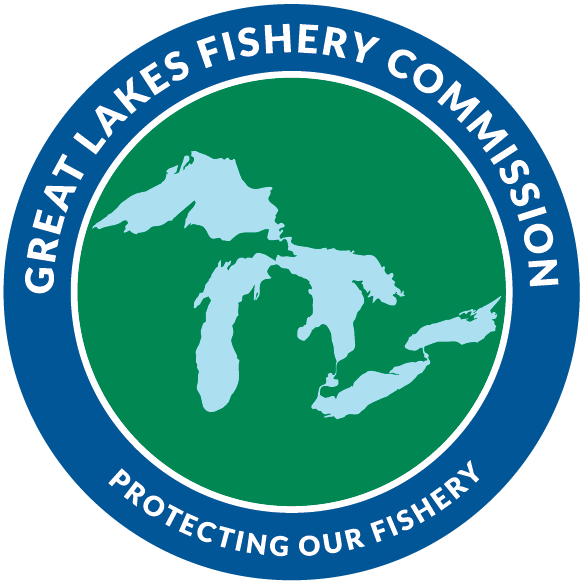Theme overview
The re-establishment of native deepwater fishes research theme is intended to coordinate research related to lake trout Salvelinus namaycush, ciscoes Coregonus spp., and sculpin Cottus spp. and Myoxocephalus spp. re-establishment in the Great Lakes. Impediments to re-establishment are still largely unknown, fundamental questions exist with respect to the biological, ecological, and genetic diversity of extant cisco populations, and relatively little is known about the ecological role of sculpins in deep-water food webs.
Lakes with diverse, intact native fish communities are models for understanding altered ecosystems. These model systems can provide an understanding of historical or restored conditions (e.g., habitat use, morphology, behavior, and dynamics) and a context within which to interpret contemporary patterns and processes. For example, Lake Superior contains an intact assemblage of ciscoes (subgenus, Leucichthys) and their predators. Studies of either remnant or small isolated residual populations, while important, should compare results to those of larger functioning ecosystems to provide the appropriate ecological context for interpreting these observations. We encourage cross-basin proposals that collect and analyze comparable metrics, behaviors, and other ecological observations from both Lake Superior (or other northern Great Lakes) and newly studied small populations remaining in the lower lakes.
Theme paper
Theme leaders
Theme leaders are available to be contacted to discuss potential research proposals and their relevance to theme area priorities.
Great Lakes Fishery Commission
2200 Commonwealth Blvd.,
Suite 100
Ann Arbor, MI 48105
Phone: (734) 669-3016
amuir@glfc.org
U.S. Fish and Wildlife Service (retired)
Green Bay National Fish and Wildlife COnservation Office
Laker0711@gmail.com
Relevant resources
A complete list of completion reports and scientific papers resulting from this theme can be found in the Commission's publication database.Coregonine restoration - Coregonines in the Great Lakes once included 11 species of ciscoes and whitefishes that occupied diverse habitats and supported key fisheries or supported trout fisheries as prey fishes. Across the basin, more than 50% of the diversity was lost by the 1950s and the ciscoes were partially replaced by non-indigenous alewife and rainbow smelt. Since the 2000s, however, as the lakes have become less productive, alewife and rainbow smelt have declined across many lakes and fishery managers are seeking to improve the diversity and resiliency of the prey fish assemblage and the fisheries they support. Hence, in 2018, the Council of Lake Committees endorsed the coregonine restoration framework, which is based on principles of adaptive management and conservation biology and designed to be implemented at the lake level (see Bunnell et al. 2023 for more information). There are currently ongoing efforts to restore Bloater (Coregonus hoyi) in Lake Ontario and Cisco (C. artedi) in Saginaw Bay, Lake Huron. In 2025, Cisco will also be experimentally reintroduced in the New York waters of Lake Erie. See www.greatlakesciscoes.org for more information about the broader program and to learn more about the science support for restoration planning.
First Sculpin Workshop Report - The first Reintroduction of Native Fishes Research Theme sculpin workshop was held 6-7 June 2017 at the U.S. Geological Survey Great Lakes Science Center, Ann Arbor, MI. The purpose of the workshop was to discuss historical and current research relevant to sculpin biology, ecology, and re-establishment efforts in the Great Lakes and Lake Champlain.
Fourth reintroduction of Native Fishes Workshop Report - The fourth reintroduction of native fishes workshop was held 12-14 December 2012 at Weber's Inn, Ann Arbor, MI. The purpose of the workshop was to provide a forum to discuss research relevant to lake trout, cisco, and sculpin biology and re-establishment in the Great Lakes in support of the research theme.

